A few days ago, my newest book, Aftermath: Picking Up the Pieces After a Suicide, was officially released. I wanted to share a little of the backstory of this book with you.
If statistics are correct, most of you reading this have either experienced a suicide death or know someone who has. My hope – and my prayer – is that Aftermath will offer some hope and healing amid the current suicide tsunami sweeping across the globe.
A Death With Powerful Ripple Effects
The loss of a loved one or friend is a terrible thing. It’s painful, confusing, and can be traumatic. If the death is by suicide, the situation and our grief can be infinitely more complicated.
We have questions that may never be answered.
We have little to no closure. No chance to say goodbye. No final conversation. No final embrace, kiss, or touch before the event.
No opportunity, knowing that death was coming, to clear the air, ask and give forgiveness, or make amends. No final chances to work things out, ask questions, or process things together.
Over the past three decades, I’ve had the honor of walking with thousands of wounded, hurting souls through the valley of grief — as a friend, family member, pastor, and now hospice chaplain and grief specialist counselor. I’ve learned that every heart and every loss is different. Suicide loss is in a class all by itself.
This death is different. It was a choice. The fact that someone chose to take their own life and leave us comes with a unique set of complicated emotions, frustrations, and challenges.
It is a death with powerful, ongoing ripple effects.
Why I Wrote Aftermath
Honestly, I didn’t want to write this book.
I’ve had many interactions with those who have experienced a suicide death. Many have asked me to write something specifically for them that addresses the unique and complicated nature of this kind of death and grief. But I was scared. Though my mom had attempted suicide when I was a teen, I had not personally experienced the suicide death of anyone close to me.
Then, over a two-year period, I officiated at more than a dozen suicide funerals in my community. Veterans, teens, successful businesspeople — all well liked and loved. The youngest victim was 15. I was shaken.
As I listened to these families, my heart broke. The grief around me was deep, palpable, stunning. Suddenly it seemed I was bumping into suicide everywhere – in the news, on social media, in emails, and in everyday conversations.
Then just before Christmas last year, a friend’s teen son took his life. I sat in his office and listening as he poured out his grief. Sadness, anger, confusion, and guilt permeated his sobs, words, and body language. He was broken, crushed, shattered.
I left his office that day knowing I had to do something.
The next day I sent out a request on email and social media. “Have you lost someone to suicide? If so, would you be willing to share your story?”
The responses poured in, one after the other. And they just kept coming. The pain virtually leaped off the page and filled the atmosphere around me. Such intensity. So much grief. So many questions.
As I read these stories, I couldn’t help but think that the best way to honor those who died and the pain of their loved ones was to produce something that might help stem this tide and save lives. I asked those who had shared with me and they heartily agreed and encouraged me in this. The result was The Suicide Prevention Project, which includes four books – two for teens and two for adults.
Just before the final Suicide Prevention Project book was released, I began writing Aftermath. I revisited all those painful and precious stories of loved ones who died by suicide and what those left behind experienced (and are still experiencing) in the wake of it all. I pictured these people in my mind. Some of their stories are sprinkled throughout this book.
And then I pictured you – the ones who would read this book.
I wrote this book thinking about you.
I wrote this book to connect with you, where you are, in all the pain, grief, and confusion.
I wrote this book to be an ongoing companion for you in this unwanted, heart-crushing process that has been thrust upon you.
I wrote this book to be a voice that validates your pain and all the upheaval and change that has occurred (and is occurring) in your life.
I wrote this book to hopefully be a source of some comfort, perspective, healing, and peace to your mind and heart.
I wrote this book to provide some practical tools for you as you pick up the pieces, try to make sense of this, and begin to rebuild your heart and life.
This journey is difficult.
The suicide grief journey is hard. You didn’t choose this road. You woke up one day and found you were on it. Suicide death invaded like a heat-seeking missile. It detonated with sudden, devastating force, fragmenting everything in its path. You’re left standing amid the rubble, wondering what happened, and how.
Breathe. Take your time.
You are not alone.
Adapted from the newly released Aftermath: Picking Up the Pieces After a Suicide.

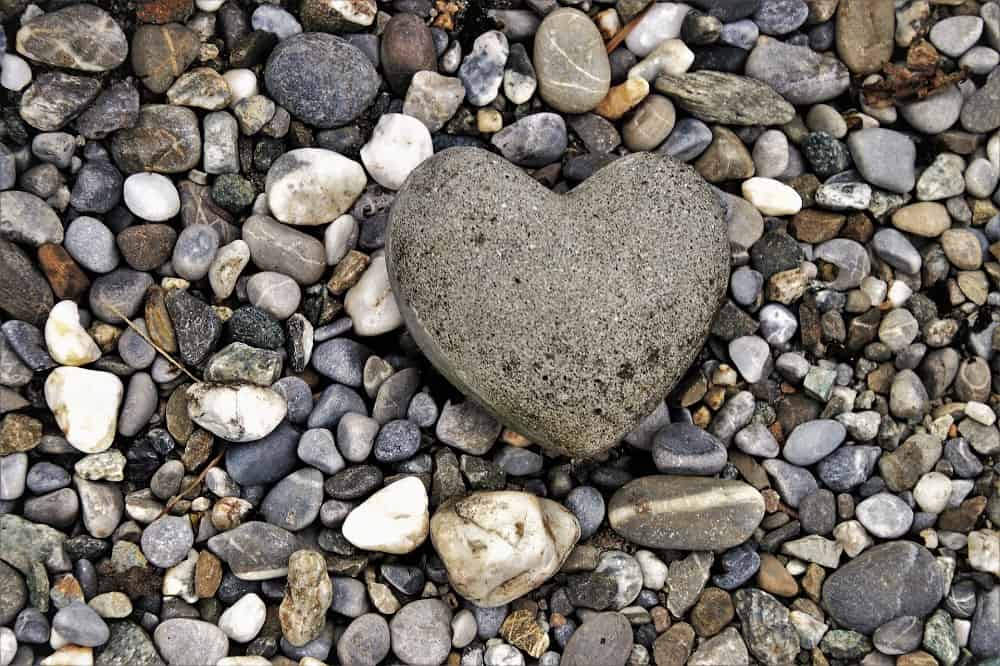

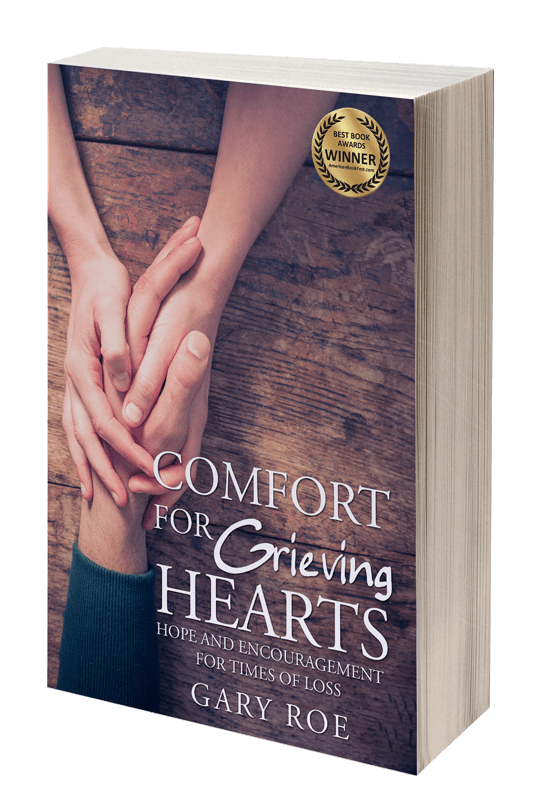
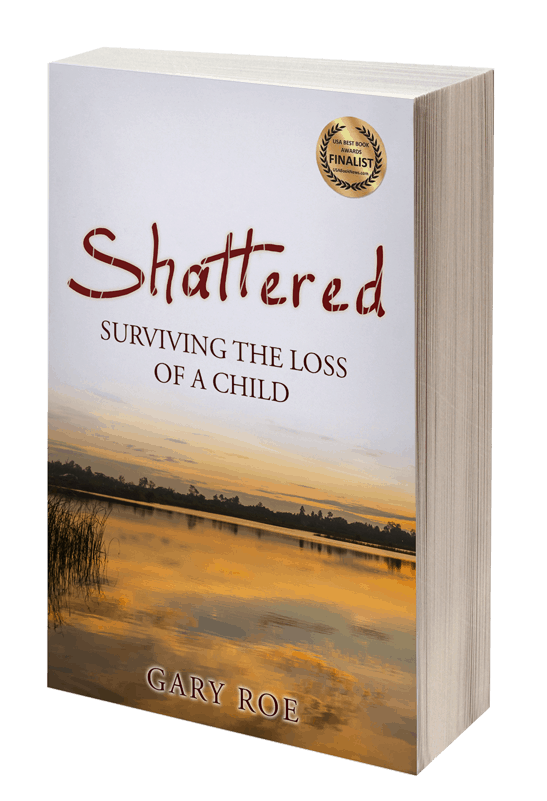
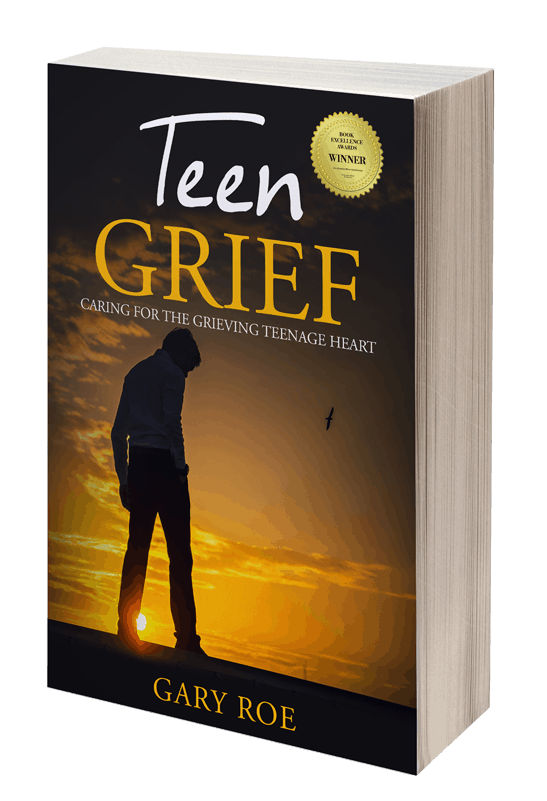
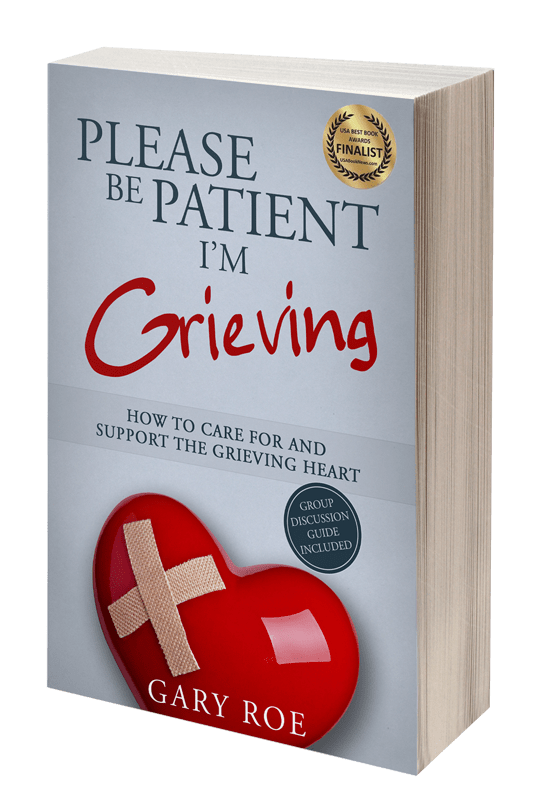
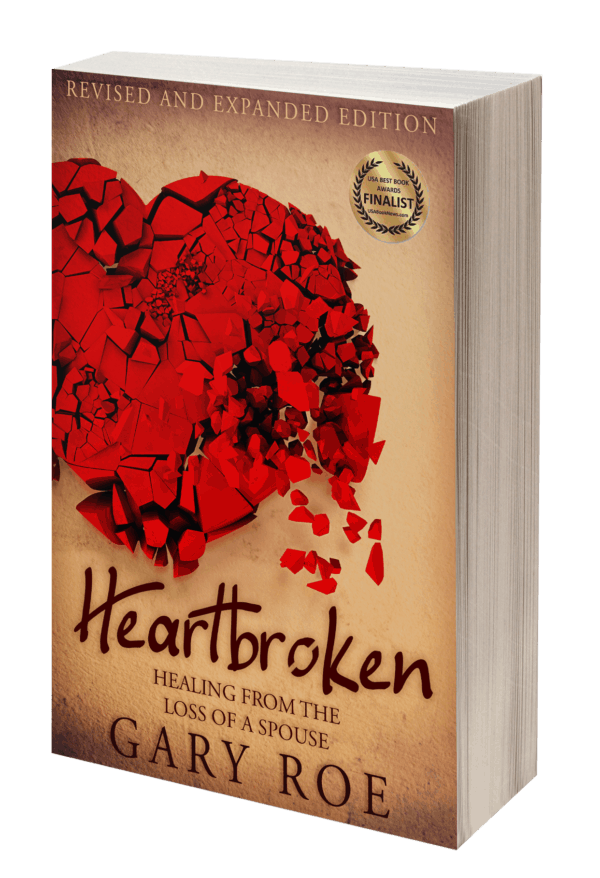
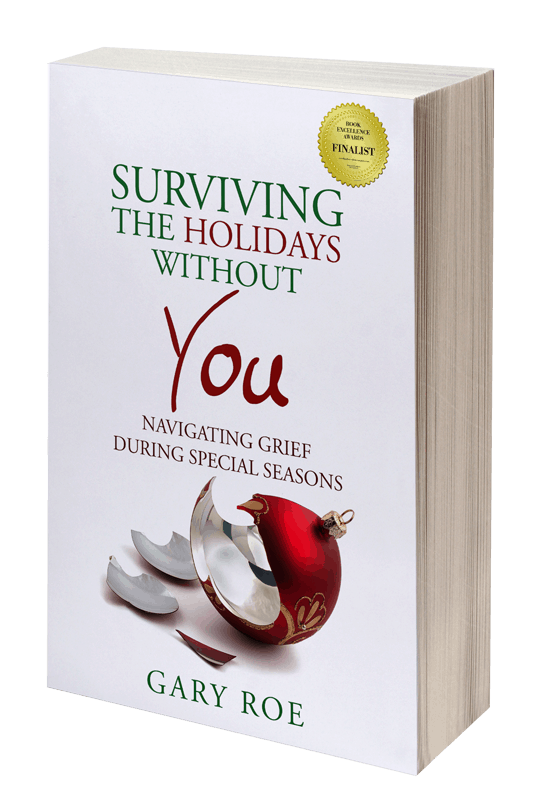
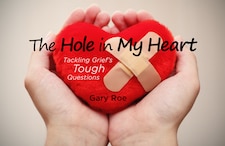
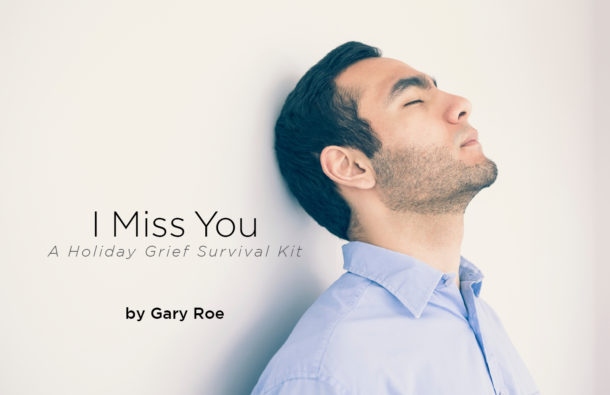
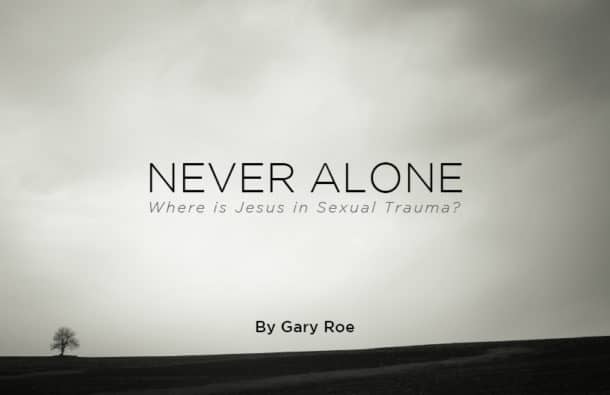

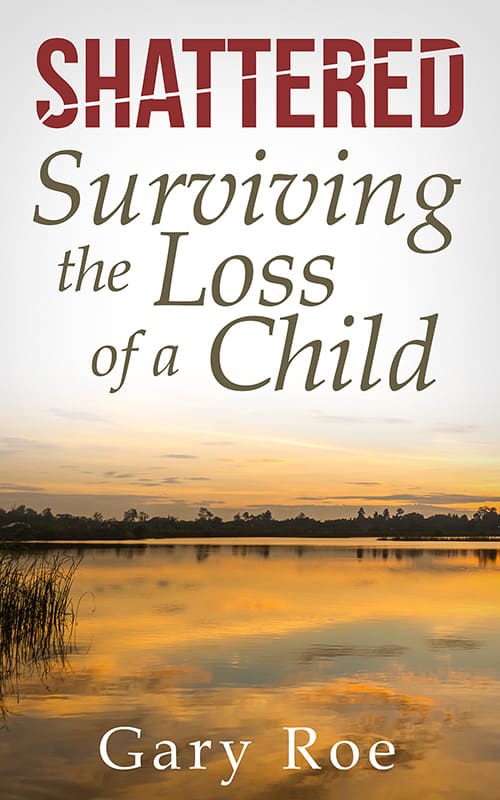
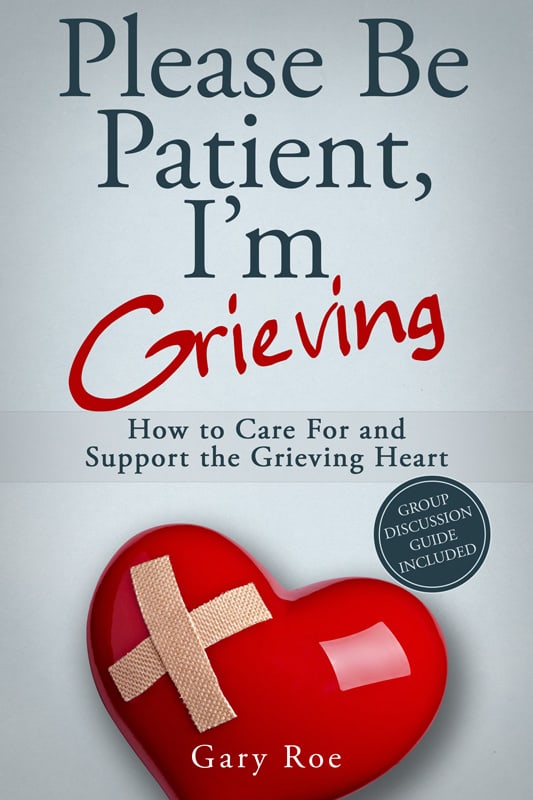
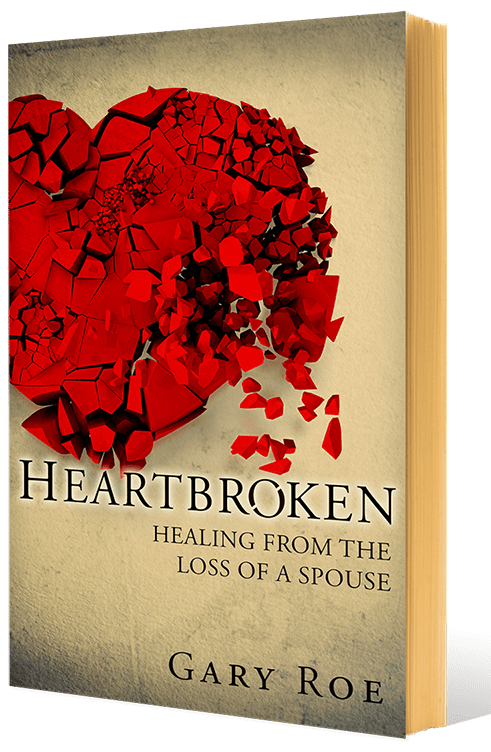
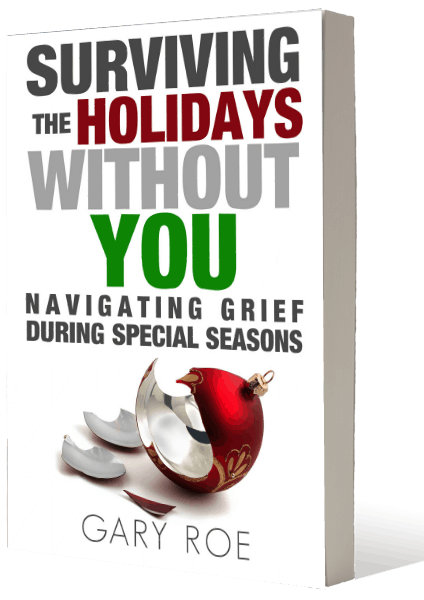
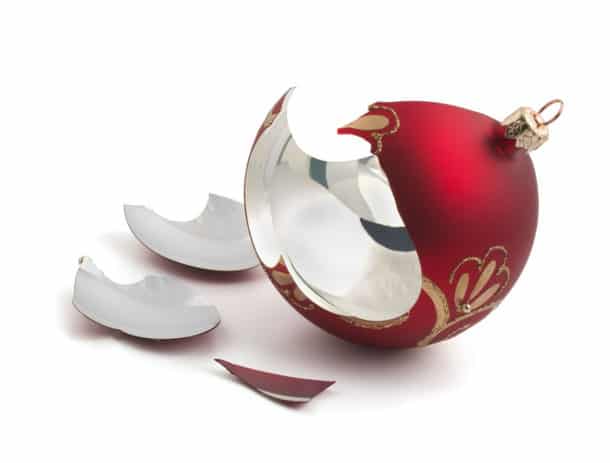
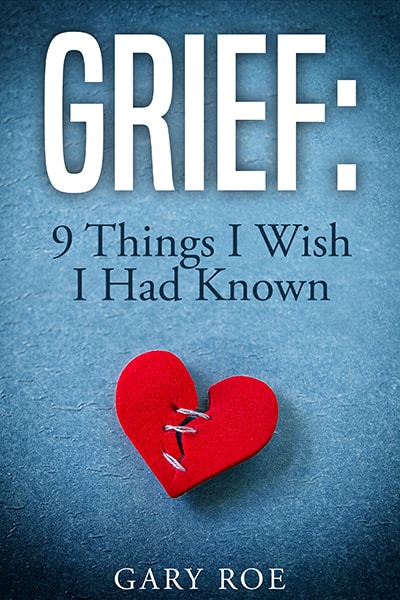
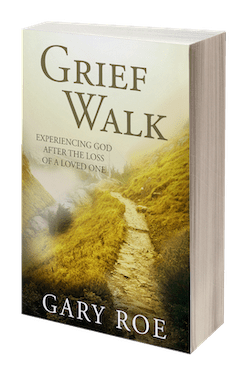
There are many books on grief, but so few about surviving suicide. Thank you for addressing this profoundly difficult topic. I was raised Catholic, and for years was taught that the soul of a person who has committed suicide cannot enter heaven. Sure, a priest can tell me that the church no longer teaches this, but it does little to undo the life-long teaching. Of course, God as I understand him sent his son to die for our sins…All of our sins…not our sins, “except for that one”!
I’ve done a great deal of reading about suicide since my husband took his life by helium hood method per ‘Final Exit’ in March of this year. A statistic that I don’t often see discussed is that nearly 70% of suicides are committed by white males, and of them, the largest percentage is by males age 48-54, followed by males ages 85+
Also, I don’t read much about how prescription depression medications and/or changes in such prescriptions can contribute to the ‘decision’ to take one’s life. Of course, ‘suicidal thoughts and psychosis’ are listed as possible side-effects of these medications.
My husband’s suicide was preceded by a medication change less than 3 weeks prior to the act. I have come to believe that his ‘decision’ was not a sane one, and therefore wonder if it was really a ‘decision’ at all…
Thank you for allowing me to comment.
Hi Cynthia. Thanks for commenting and sharing. I’m so sorry about your husband. You’re spot on in what you’re saying. Yes, we think of suicide as a choice, but sometimes the person is not “in their right mind.” In this case, what kind of choice was it exactly? Yes, we’re left wondering, about a LOT of things. I’m so sorry, Cynthia. If there’s any way I can help, please let me know. Please be kind to yourself during this season. You deserve that!
October 2018 we lost a close friend to suicide shortly after spending a tender weekend with him and his wife. He was swallowed up by shame regarding some “bad” financial decisions.
Less than a year later (Sept. 2019) we lost our firstborn son to suicide. A brilliant Highly educated young man (32) who cared deeply about people and their well being. He self medicated with alcohol.
We find ourselves reeling from grief, defeat and devastating loss.The book Shattered has been very helpful. Thank you for authoring it and thank you to those dear ones who shared their heartbreaking stories.
Yes, loss by suicide is a whole other dimension. Thank you for addressing this subject and once again offering wisdom to move through the valley of loss in attempt to put meaning back into daily life.
Hi Deb. Oh no. I’m so, so sorry. If there’s anything I can do for you, please give me a shout. Please feel free to vent, etc. I’m so sorry you’ve endured this, and are enduring this. Please be kind to yourself. You are more important than you know. Blessings to you and your family.